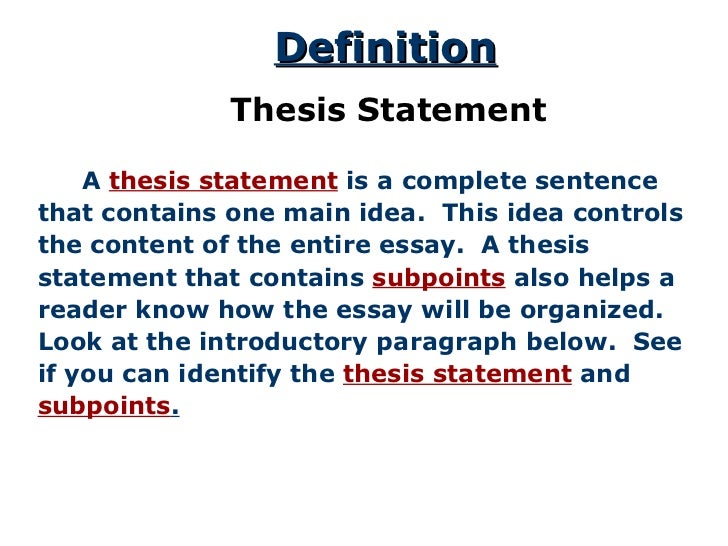
In a warning for those who draft a bills of rights, who rely on its text to forecast judicial practice, or who simply aim to delineate and understand the exercise of judicial power under a bill of rights, judges’ discussion reveals that the scope of action they perceive as legitimate may differ from what the rights instrument’s text implies.

By reporting remedial practices and studying the written and unwritten factors that judges identify as conditioning their remedial determinations, the article studies the significant gap between authoritative text and practice.

It uses an internal legal approach and, rejecting universalism and convergence, it pays attention to difference in constitutional texts. It compares how the Supreme Court of Canada and the Constitutional Court of South Africa remedy unconstitutional legislation under their respective, relatively new, bills of rights. This article advances the comparative constitutional literature by examining the exercise of remedial discretion in rights litigation. It is argued that this institutional failure arbitrarily deprives landowners of property and that to remedy this constitutional defect such owners must, as a rule, be afforded a compensatory remedy against the state. In this article it is argued that the existing legal scheme, without more, fails to strike a proper balance among the rights and interests of owners, occupiers and society. Whilst this delay in the execution of an eviction order will often be commercially unbearable, landowners have been told to be patient. As regards the rights of unlawful occupiers, it has been held that evictions that would result in homelessness may not be executed until alternative accommodation is provided by the state. One of the areas which requires further development is the law regulating evictions.

This process of reconstruction, however, is far from complete. Under the aegis of Constitutional Court, there has been a deliberate effort to bring into being a system of legally enforceable rights and duties which, when viewed as a whole, afford commensurate protection to the often conflicting interests of individuals. The Constitution radically altered the substantive norms that underpin the division, regulation and enforcement of property and housing rights in South Africa.


 0 kommentar(er)
0 kommentar(er)
